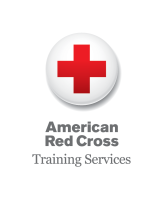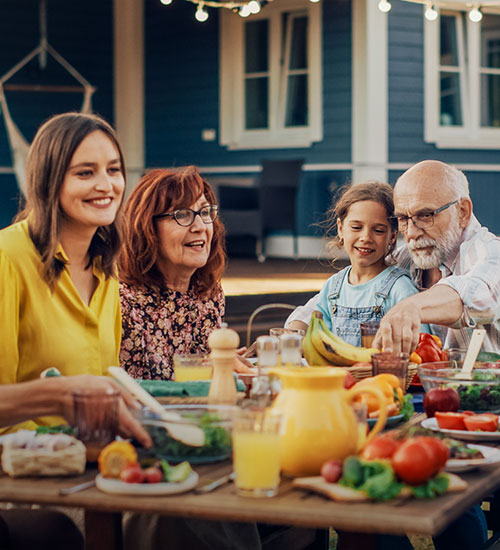-
11 Critical Survival Skills That Could Save Your Life
![A person administering first aid to an unresponsive person in the wilderness.]()
Date Published: September 10, 2024
Survival skills aren’t just nice-to-have, they’re your best chance to thrive and remain in charge during an unforeseen circumstance. Whether you're in the woods for wilderness sports, on an outdoor adventure, dealing with a natural disaster like a hurricane or earthquake, or handling a crisis like a car breakdown in a remote place, having basic lifesaving survival skills, outdoor survival tips, and survival kits can secure your safety and well-being. can secure your safety and well-being.
Basic Survival Skills: What Are They?
You may not be able to prepare for every situation, but there are some basic survival skills you can learn that can greatly increase your chances of staying safe and overcoming unexpected challenges.
Why Survival Skills Are Important
Survival skills are essential because they equip you with the knowledge and abilities to protect yourself and others in dangerous or unpredictable situations, ensuring safety, security, and confidence in facing adversity.
- Life preservation. Knowing how to find water, build shelter, and stay warm helps you survive until help arrives or you can return to safety.
- Self-reliance. Survival skills foster independence, allowing you to care for yourself and others in challenging situations.
- Preparedness for emergencies. Having survival skills prepares you to handle emergencies effectively, reduce panic, and increase your chances of making rational decisions.
- Resilience and adaptability. Survival skills help build mental and emotional resilience, essential for overcoming challenges and stress.
- Safety for others. Your survival skills can protect yourself and those around you. By knowing first aid, navigation, and how to secure resources, you can help others survive and stay safe.
- Confidence and empowerment. Knowing you can survive in challenging situations builds confidence and empowers you to explore.
- Connection with nature. Understanding survival skills often deepens your appreciation and respect for the natural world, especially if you’re interested in wilderness sports.
- Cultural and historical awareness. Learning survival skills connects you to human history and cultural heritage, preserving valuable knowledge passed down through generations.
- Increased situational awareness. Survival skills training can enhance your ability to see and assess your surroundings. Knowing potential risks and resources allows you to make informed decisions that keep you safe.
How to Learn Survival Skills
Learning survival skills requires theoretical knowledge, applied experience, and ongoing practice. Here are a few ideas to get you started developing essential survival skills.
- Embrace a survival mindset
- Get feedback and reflect on current survival skills
- Join a community or survival group
- Learn first aid and emergency response
- Simulate emergency scenarios
- Spend time outdoors
- Start small and practice regularly
- Start with research and reading
- Stay informed and updated
Survival Kit Supplies
Knowing survival techniques are best suited when prepared with the proper supplies you may need in an emergency or disaster. Keep your survival kit supplies in an easy-to-carry emergency preparedness kit that you can use at home or take with you in case you must evacuate. Be prepared in the outdoors with a Wilderness and Remote First Aid Emergency Reference Guide. Find out what you need in a survival kit.
What to Read Next
Read our 7 potentially life-threatening scenarios and information about the basic skills you can learn to help save a life in each situation.Read 5 ways to help those in need from the American Red Cross.Watch our interview, Expert Tips for Handling Emergencies: Staying Cool in Chaos, focusing on how to stay calm when faced with a medical emergency.Take a Course and Refresh Your First Aid Skills
About Red Cross Training Services
Training Services is a division of the American Red Cross. Our mission is to advance lifesaving education so you are better to prepared. Our robust training curriculum includes CPR and AED, First Aid, Basic Life Support (BLS), Babysitting and Child Care, Lifeguarding, Water Safety and more.



